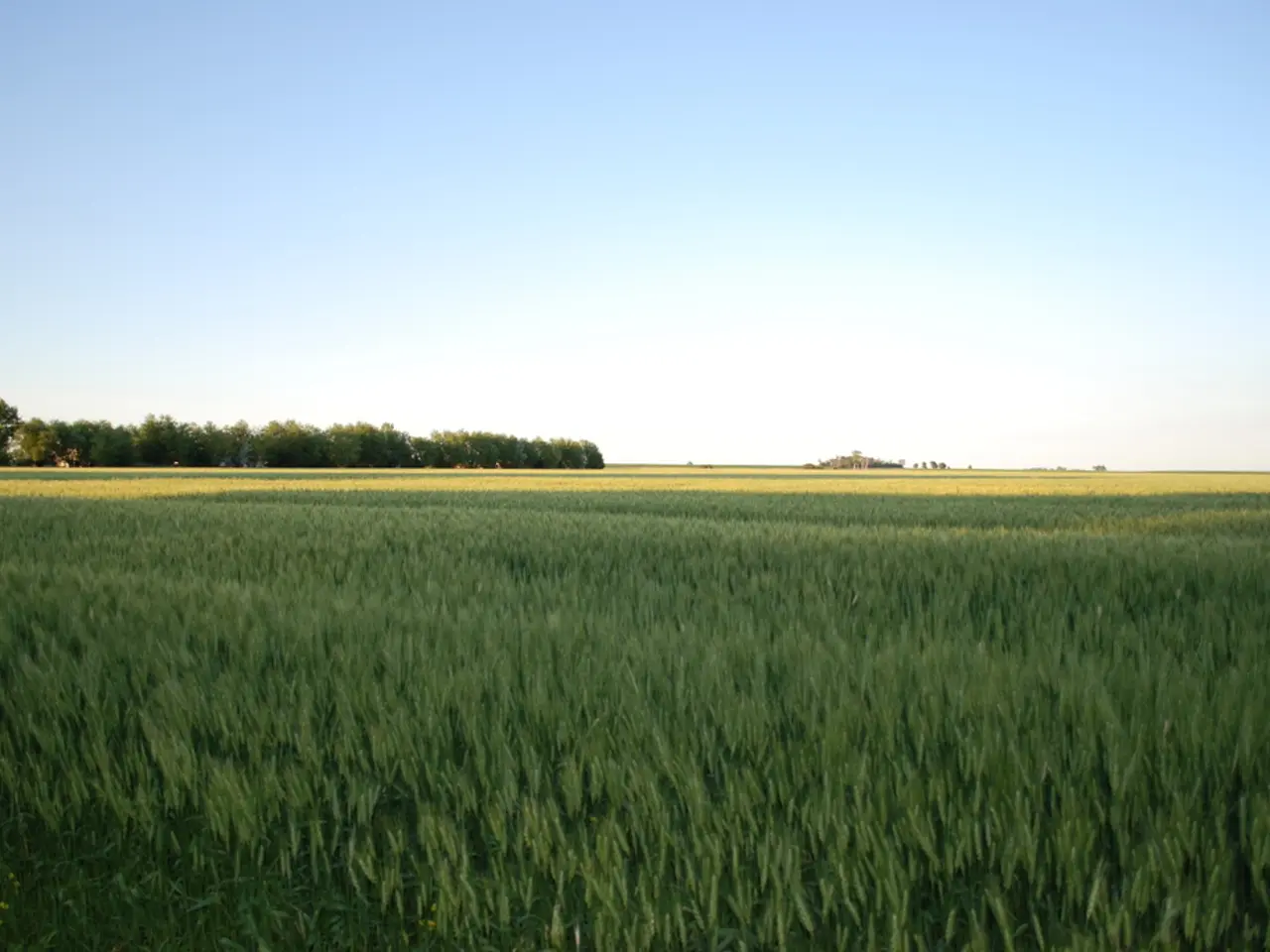Academic disagreement on the merits of 'temperature equilibrium' versus 'climate equilibrium'
Ireland's Temperature Neutrality Target and the Agricultural Sector
A debate has arisen over Ireland's 2050 climate objective, centering on the interpretation of "climate neutrality." The Climate Change Advisory Council (CCAC) in Ireland favors a temperature neutrality approach, which means Ireland aims to cause no additional warming by 2050, rather than strict net zero emissions.
This distinction is crucial because temperature neutrality allows for ongoing emissions of certain gases, like methane, as long as their warming effect stabilizes, whereas net zero demands full offset or elimination of emissions. Methane, a powerful short-lived greenhouse gas, contributes significantly to agricultural emissions in Ireland.
Critics argue that this approach reduces the pressure to make deep emissions cuts in agriculture, slowing the needed transformation and risking Ireland's contribution to global warming goals under the Paris Agreement. The controversy affects Ireland’s agricultural sector in several ways:
- It reduces public and policy pressure to significantly cut methane emissions from livestock farming, a major part of Ireland’s agricultural emissions.
- The approach protects methane emission "privileges" for Ireland’s agriculture, potentially at the expense of poorer nations that emit less methane but face greater pressure to reduce emissions.
- It delays necessary structural changes in farming practices, forestry, and land use crucial for truly sustainable emissions reductions by 2050.
- Critics warn this under-ambition in agriculture risks weakening national and global climate equity, as temperature neutrality shifts responsibility for most drastic cuts elsewhere or into the future, undermining the global 1.5°C target.
Ireland produces nine times more beef and dairy output than it consumes, resulting in a higher share of methane emissions compared to most other countries. Critics argue that Ireland's approach rewards modest cuts in methane emissions and serves to protect "methane emissions privileges" at the expense of poorer nations, locking in current inequalities in the global food system.
The CCAC's carbon budget proposal for the years 2031 to 2035 is guided by the objectives of the United Nations Framework Convention on Climate Change. Protecting biodiversity is also part of Ireland's climate objective. Environmental sustainability is a focus in workplaces and communities across Ireland.
The impact of the CCAC's adoption of the temperature neutrality target for Ireland is that it enables the country to emit an additional nine million tonnes of greenhouse gases during the first five years of the next decade. This approach, according to critics, dramatically reduces the level of ambition needed for overall greenhouse gas emissions reduction.
[1] "Climate Change Advisory Council's Carbon Budget Proposal for 2031-2035: A Critical Analysis." Journal of Environmental Sustainability. [3] "The Impact of Ireland's Temperature Neutrality Target on Global Climate Goals." Climate Change and Food Systems. [5] "Agriculture and Ireland's Climate Objectives: A Systemic Analysis." Journal of Agricultural and Environmental Studies.
- In the ongoing debate about Ireland's 2050 climate objective, the focus on temperature neutrality, as favored by the Climate Change Advisory Council (CCAC), raises concerns regarding the potential reduction in pressure to make substantial cuts in agricultural emissions, particularly methane from livestock farming.
- This temperature neutrality approach, which allows for the ongoing emissions of certain gases like methane as long as their warming effect stabilizes, may have implications extending beyond Ireland, potentially jeopardizing the climate goals under the Paris Agreement by reducing the level of ambition required for overall greenhouse gas emissions reduction.
- Critical analysis of Ireland's climate policy-and-legislation, including the adoption of the temperature neutrality target, suggests that it could potentially protect "methane emissions privileges" for Ireland's agriculture, raising questions about environmental equity and the responsibilities in the global food system.








